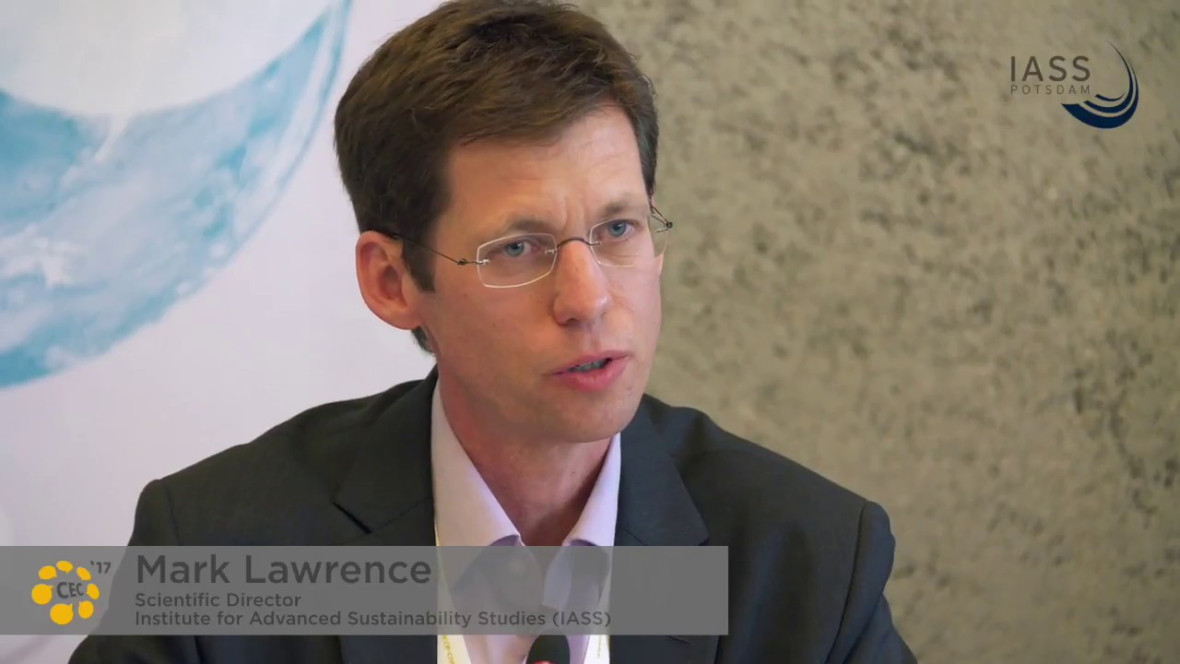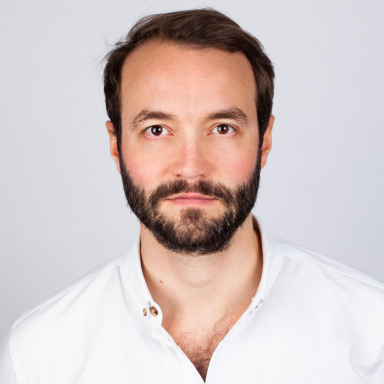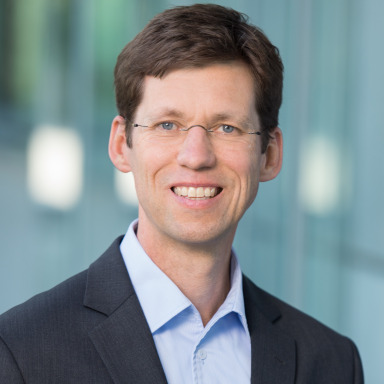Climate Engineering Conference 2017 (CEC17): Critical Global Discussions held in Berlin
20.10.2017

Despite extensive efforts among members of the international community and the historical agreement reached in Paris in 2015, greenhouse gases continue to be emitted in vast amounts, with potentially devastating consequences around the world. This has prompted increased – and often controversial – discussions about two types of targeted interventions in the climate system, often referred to collectively as ‘climate engineering’: 1) removing carbon dioxide from the atmosphere (carbon dioxide removal or CDR) and 2) reducing the amount of solar energy that reaches the Earth’s surface or is trapped in the atmosphere (solar radiation management or SRM). The proposed climate engineering technologies are still largely hypothetical, but in light of their possible future deployment on a large scale, there is a need for a broad societal debate not only on their potential benefits and risks, but also on the question of whether they should be part of the reaction to climate change at all. In response to this need, the IASS and the international CEC17 Steering Committee organised and held the Climate Engineering Conference 2017 (CEC17) from 9 to 12 October at the Umweltforum in Berlin.
Building on the success of the first international climate engineering conference in 2014 (CEC14), the IASS and its partners strove to continue the critical global discussions started there. The conference gave researchers, policymakers, civil society actors, and journalists the opportunity to critically engage with current climate engineering research and the broader debates that surround it. Over four days, 260 delegates from more than 30 countries participated in a total of 32 sessions and five plenary discussions, as well as a public panel discussion held in cooperation with the House of World Cultures (more information can be found in the online conference programme). Individual sessions focussed, for example, on whether the Paris Agreement goals can be achieved without climate engineering, on the question of how climate policy should deal with the propagators of fake news, and on what rules should be set for research.
At the opening of the conference, IASS Scientific Director Mark Lawrence reminded the audience that the Paris Agreement goal of limiting global warming to well below 2 degrees Celsius can only be achieved if emissions of greenhouse gases are reduced to near-zero within the next few decades. He suggested, however, that this was “highly unlikely given societal and political inertia, and the resulting current emissions trajectory.” Over the course of the conference, some participants argued that measures to intentionally intervene in the climate are therefore a justifiable complement to mitigation. Harvard physicist David Keith spoke of his planned field experiment in solar radiation management. Lili Fuhr from the Heinrich Böll Foundation was, however, adamant that “geoengineering should not be on the table” since it reflects a perspective of “control and fear rather than care”. In her view, it is vital that we stick to the pathways suggested by the Paris Agreement rather than resorting to potentially dangerous climate engineering technologies. For Mark Lawrence, there is an urgent need for internationally binding rules in this area: “At the IASS we are elaborating concepts for the governance of climate engineering and also advise political actors on how they can develop corresponding measures.”
CEC17 featured many prominent session conveners, panel discussion participants and speakers, including some of the leading academic voices in the field. Interactive events like the game “To Gabon or not to Gabon” were held to encourage an open exchange of views. The organisers were also conscious of including the perspectives of those most vulnerable to the effects of climate change. Around 50 participants from countries in the Global South attended the conference as well as the meetings of the Solar Radiation Management Governance Initiative (SRMGI) that bookended CEC17. In contrast to CEC14, CEC17 succeeded in attracting representatives from a range of non-governmental organisations, including Friends of the Earth, ETC Group, GreenFaith, the Global Forest Coalition, BUND, and the Environmental Defence Fund, thanks in part to the Heinrich Böll Foundation. A range of representatives from intergovernmental fora also attended, including the United Nations Executive Office of the Secretary General (UN EOSG), the Secretariat of the Convention on Biological Diversity (SCBD), and the World Meteorological Organisation (WMO), thanks in part to the Carnegie Climate Geoengineering Governance Initiative (C2G2).
The conference also gained significant media attention, with over 20 journalists, two television news crews, and four independent documentary filmmakers in attendance. CEC17 was featured in the leading German television news programme Tagesthemen, mentioned in a Nature editorial, and in numerous newspaper articles, including publications by Reuters, the Guardian, Spiegel Online and the Süddeutsche Zeitung. In addition, the chairs of the CEC17 Steering Committee (Stefan Schäfer, Project Leader, IASS Potsdam) and Advisory Group (Mark Lawrence, Managing Scientific Director, IASS Potsdam) were interviewed by several leading German national radio channels (Deutschlandfunk, rbb and SWR2).
Links to:
Media
CEC17 / Press Briefing on 10 October

Media
CEC 17 / Climate Engeneering Conference 2017: Critical Global Discussions


